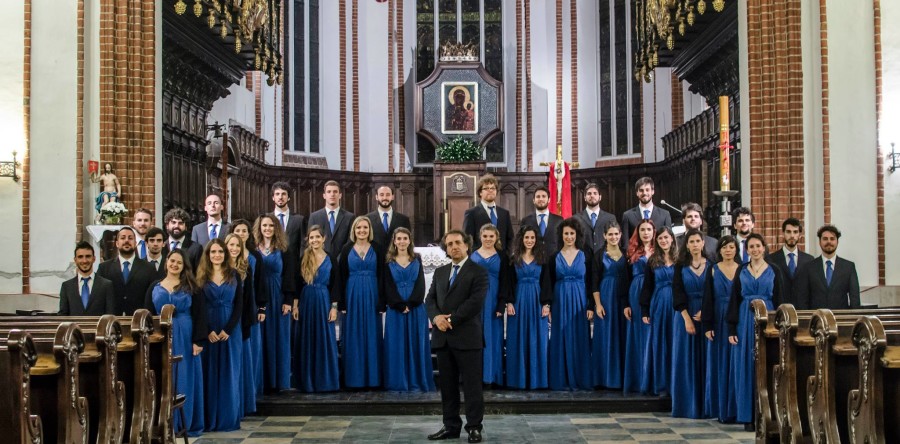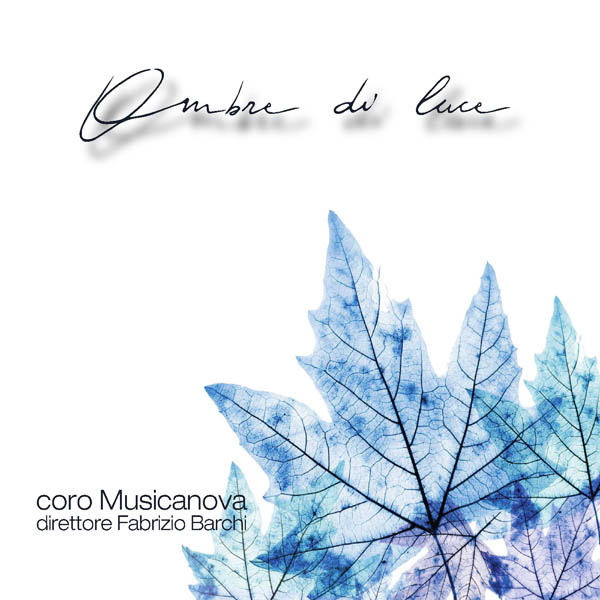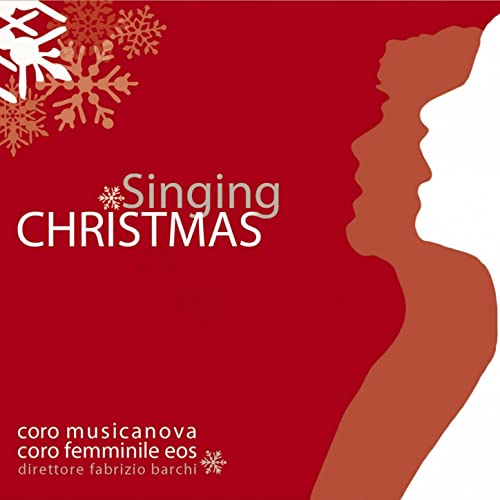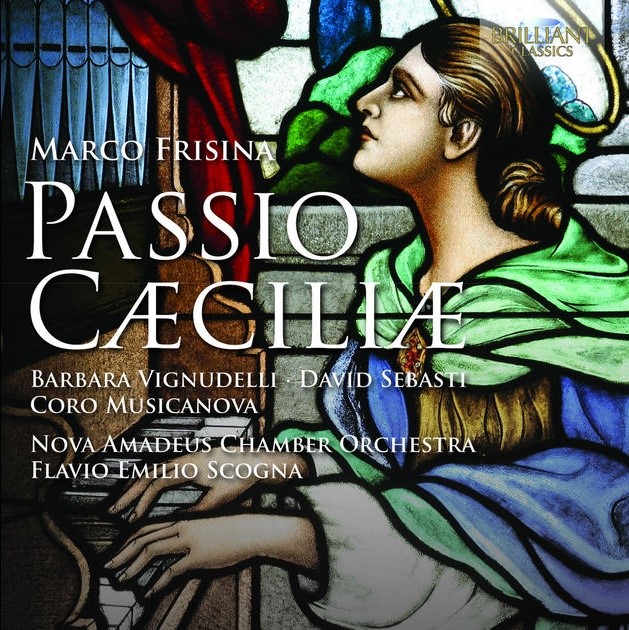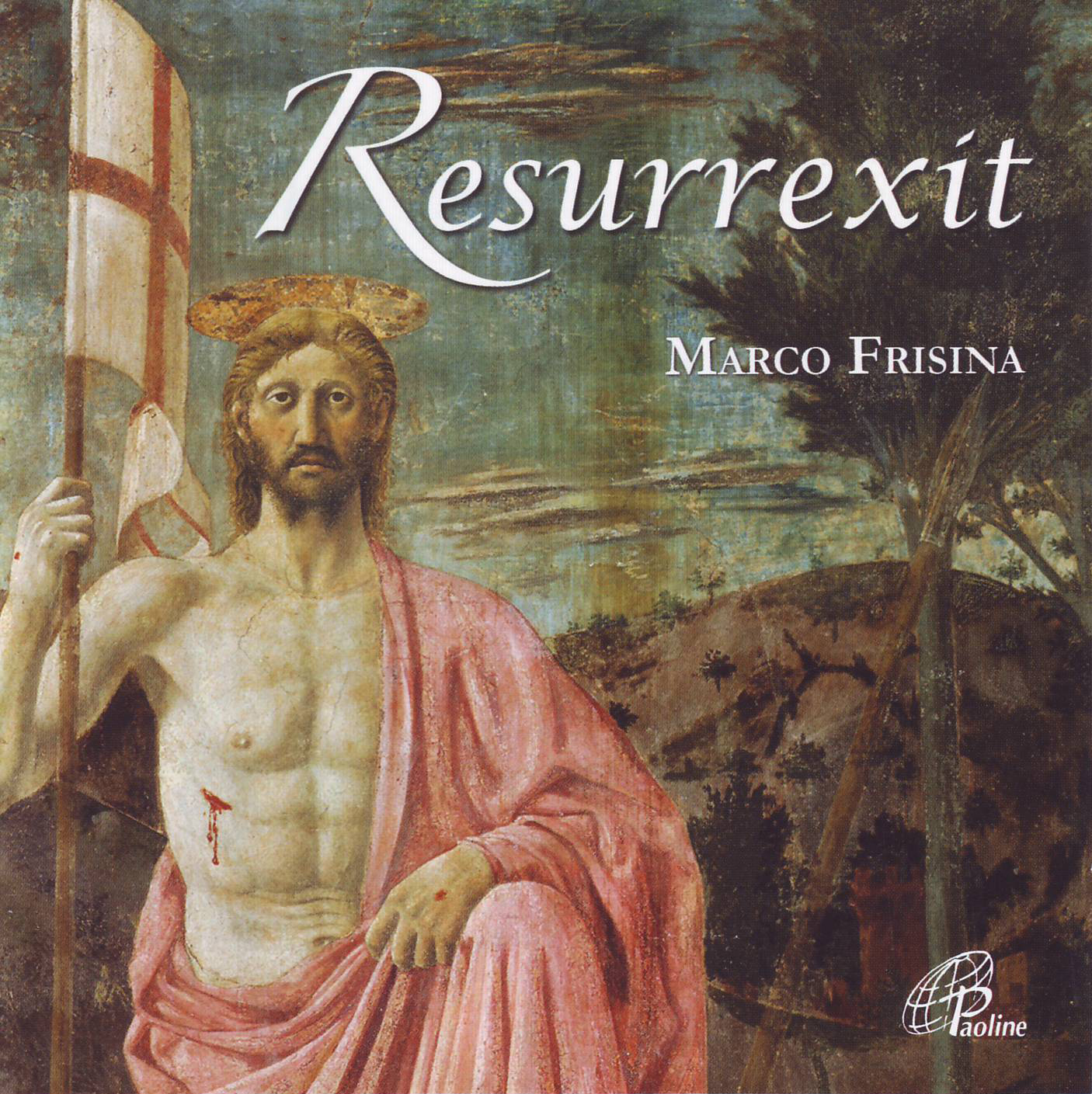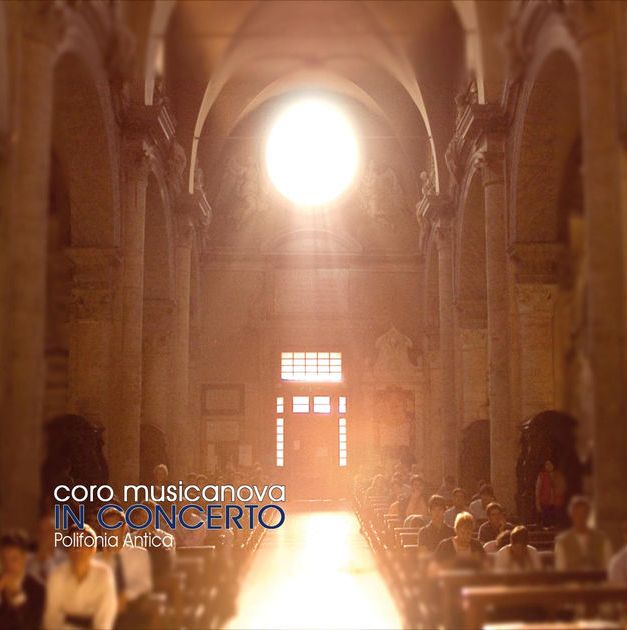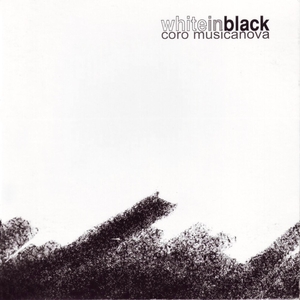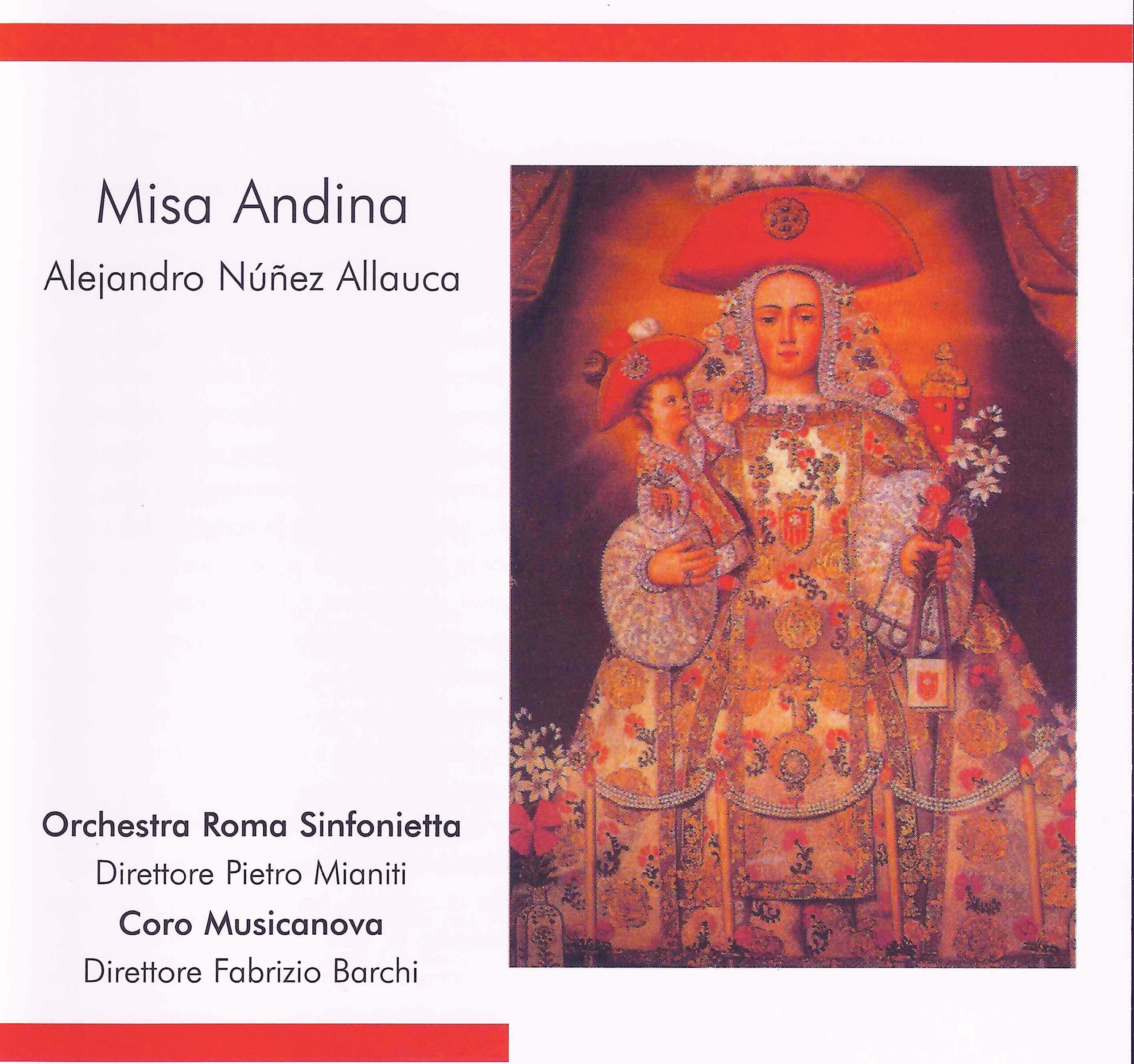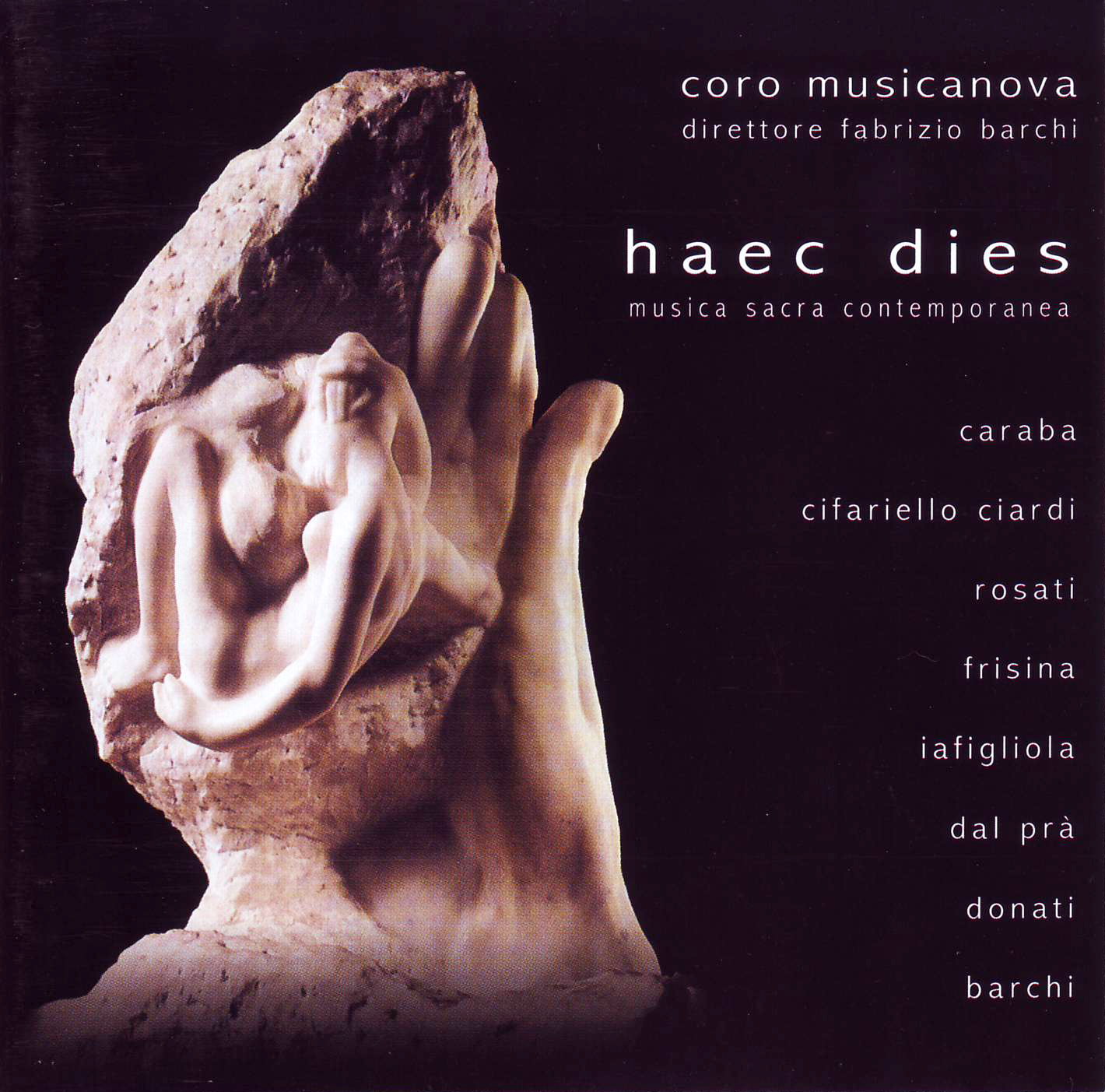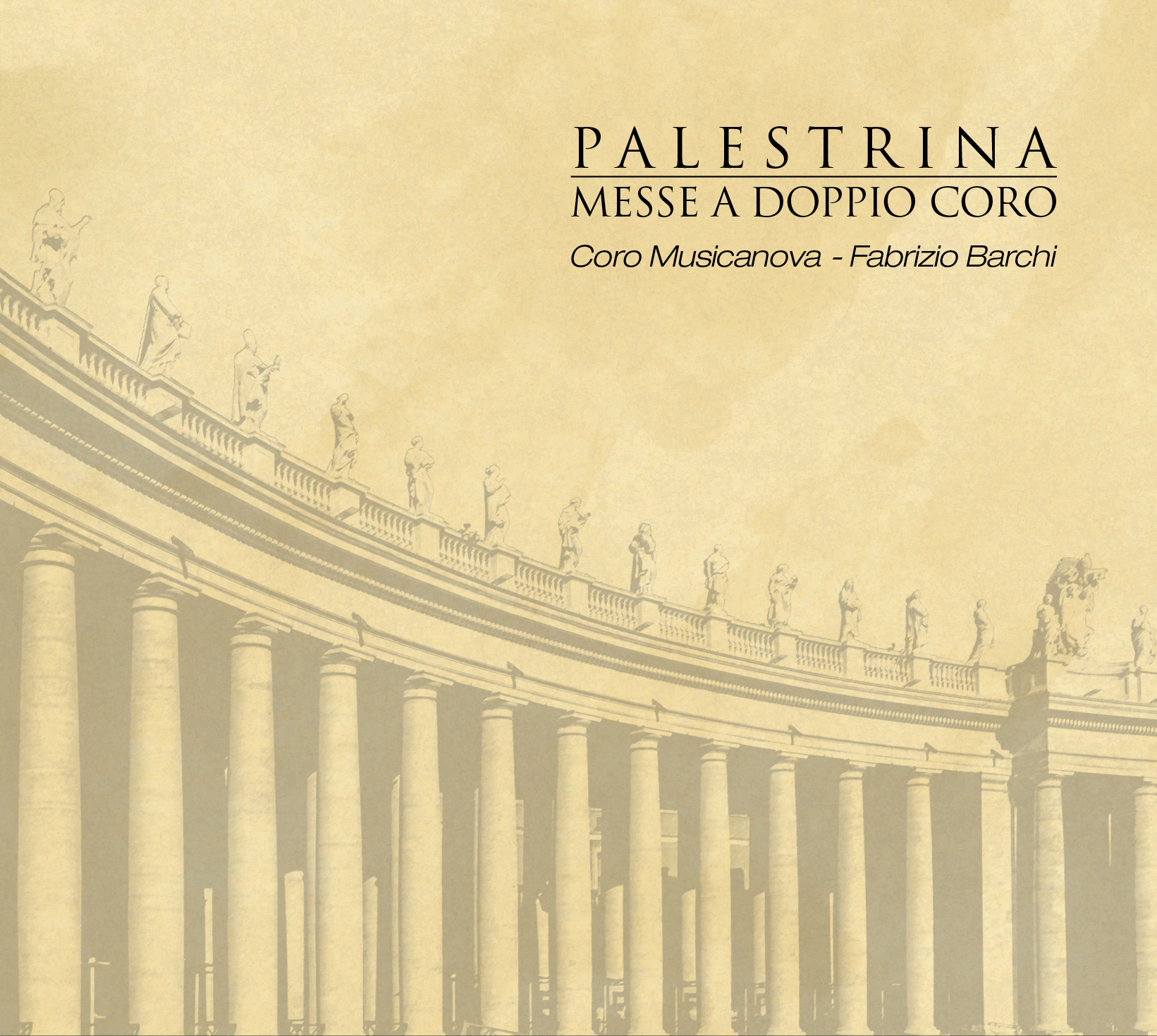“Quando canterete Gaude Mater Polonia, vedrete il pubblico alzarsi in piedi”, aveva detto Fabrizio Barchi ai suoi coristi, prima della partenza alla volta della Polonia. “Come per noi con l’inno di Mameli?” abbiamo pensato tutti, scettici abitanti di una penisola considerata sempre meno la nostra patria. Non proprio. Per loro Gaude Mater Polonia (Gioisci Madre Polonia) è un inno sacro, medioevale, che i cavalieri polacchi usavano cantare dopo una battaglia vittoriosa: la musica è una melodia gregoriana che nel XIX secolo Teofil Klonowski armonizzò a quattro voci rendendolo, da allora, un vero e proprio inno nazionale. E per loro non è solo una “canzone” che ti insegnano a scuola per poi dimenticarne troppo presto le parole; la Polonia è in piedi sulle prime note, la Polonia canta, la Polonia si commuove.
Il 24 aprile scorso il Coro Musicanova si è esibito presso la basilica di San Giovanni Battista, nella città vecchia di Varsavia, distrutta nel 1944, durante la Seconda Guerra Mondiale e considerata uno dei pantheon della nazione, perché al suo interno sono sepolte diverse personalità polacche. Dopo le musiche di Pärt, Palestrina, Lotti, Mendelssohn, Britten e molti altri, il coro ha eseguito la famosa “Gaude Mater Polonia” e il magico quadro, predetto dal maestro Barchi, si è realizzato davanti agli occhi increduli dei coristi: il pubblico presente si è tutto alzato in piedi per cantare, in completa devozione, quell’inno sacro e tanto amato.
La stessa commovente immagine si è ripetuta il giorno seguente presso il conservatorio di Siedlce e la domenica nella cattedrale della cittadina. Siedlce, un comune rurale, ha ospitato tutti i coristi del Musicanova invitati a esibirsi nei tre concerti: gli applausi, lunghi e partecipati, hanno accompagnato le esibizioni del coro, che si è sentito elogiare e comunicare una quantità inverosimile di complimenti e giudizi positivi, attenti e professionali.
A Varsavia, conosciuta un tempo con il nome di “Parigi del nord”, per i suoi ampi viali alberati e la struttura architettonica classicheggiante e poi quasi completamente distrutta dai bombardamenti durante la guerra, la musica si respira per le strade: in ogni via della Città Vecchia si trovano cantanti di strada, botteghe, balconi con i fiori, gente seduta ai tavoli del bar; la musica nell’aria è quella di Fryderyk Chopin, nato tra quelle strade, e persino le strisce pedonali raffigurano i tasti di un pianoforte. Le persone, ospitali e affettuose, racchiudono una tristezza per la storia passata del paese, ma si mostrano fiduciose, positive per il futuro. Una statua di Karol Wojtyla, il grande papa polacco nato a Wadowice, svetta nella piazza di Siedlce: per loro è un “padre”, una guida, un simbolo di carità. E non stupisce che persone cresciute con un esempio così grande si siano ritrovate a piangere alla partenza del pullman musicanoviano di ritorno verso Roma. “Voglio imparare l’italiano!” esclama una parrocchiana; “La vostra musica è meravigliosa: oggi ho imparato cos’è un coro!” dice un altro; “Ma non è un addio vero? Il prossimo anno tornerete per la Giornata Mondiale della Gioventù a Cracovia!”, dicono in molti invitando i coristi a tornare nel 2016. Quegli applausi infiniti, quei sorrisi e quelle lacrime, l’affetto ricevuto e l’ospitalità di una famiglia, sono ricordi che il coro Musicanova porterà in valigia per sempre. E dopo un’esperienza musicale e umana così bella cosa altro c’è da dire? Solo: arrivederci e al prossimo viaggio!“When you’ll sing Gaude Mater Polonia, you’ll see the audience stand up” said Fabrizio Barchi to his choristers, before embarking towards Poland. “Just like us during the Mameli Hymn?” is what crossed our mind ,we, skeptical citizens of a peninsula considered less and less as our country. Not quite. For the Polish Gaude Mater Polonia (Rejoice Mother Poland) is a sacred, medieval hymn, which the polish knights used to sing after a victorious battle: the music is a Gregorian melody that in the 19th century Teofil Klonowski harmonized for four voices, making it, from then on, a proper national hymn. For them it’s not only a “song” they teach in school to be then forgotten; Poland rises at the first notes, Poland sings, Poland is moved by it.
On April 24th Coro Musicanova performed in the San Giovanni Battista basilica, in the Old Warsaw, destroyed in 1944 during WWII and considered one of the pantheons of the nation, because inside the church there are buried many Polish personalities. After performing pieces by Pärt, Palestrina, Lotti, Mendelssohn, Britten and many more, the choir sang the famous “Gaude Mater Polonia”, and the magical picture that Maestro Barchi had predicted came to life in front of the chorister’s incredulous eyes: the audience all stood up to sing that sacred and cherished hymn, in complete devotion.
The same moving picture happened again the following day at the conservatory in Siedlce and on that Sunday in the town’s Cathedral. Siedlce, a rural town, hosted the Musicanova choristers invited to perform the three concerts: the round of applause, long and sincerely emotionally involved, accompanied the choir’s performances, which felt praised and was showered by a great quantity of compliments and good remarks, both accurate and professional.
In Warsaw, once known as the “Paris of the north” for its wide tree-lined avenues and its classical architectural structure, which was then almost entirely destroyed by the bombings during the war, you can sense the music in the streets: in every road of the Old Town you can find street performers, boutiques, blooming terraces, people sitting at the tables outside the coffee shops; the resounding music is that of Fryderyk Chopin, born in those streets. Even the pedestrian crossings are made to resemble the keys of a piano. The people, warm and inviting, carry a certain sorrow for the history of their country, but they seem confident and positive for their future. A statue of Karol Wojtyla, the great polish Pope born in Wadowice, stands out in Siedlce’s plaza: for the polish he’s a “father”, a spiritual guide, a symbol of compassion. It’s not surprising that people brought up with such a role model cried while saying goodbye to the Musicanova choristers, as their bus left for the airport. “I want to learn Italian!” shouts a parishioner; “Your music is amazing: today I learned what a choir really is” says another; “This isn’t a farewell, right? Come back next year for the World Youth Day in Krakow!” many say inviting the choir singers to return in 2016. Those endless applauses, those smiles and tears, the warmth and the hospitality of the host families, are memories that Coro Musicanova will treasure forever. After a musical and compassionate experience of that beauty what else can you say? Just: so long and see you at the next trip!

